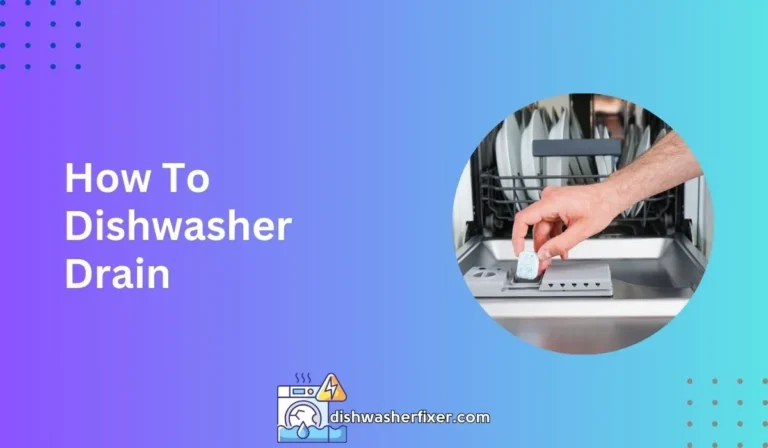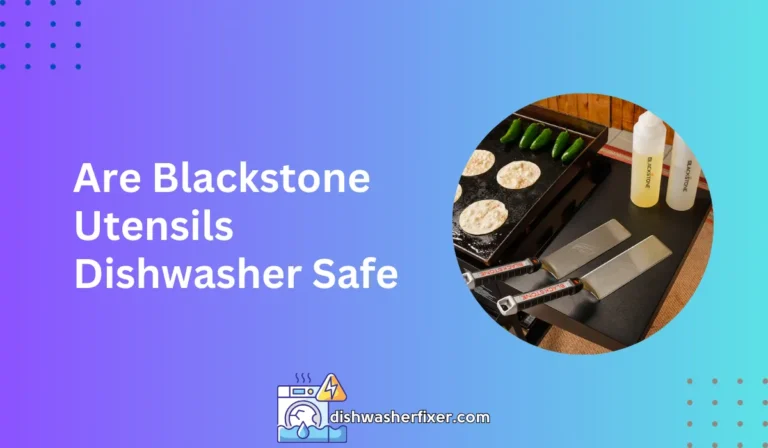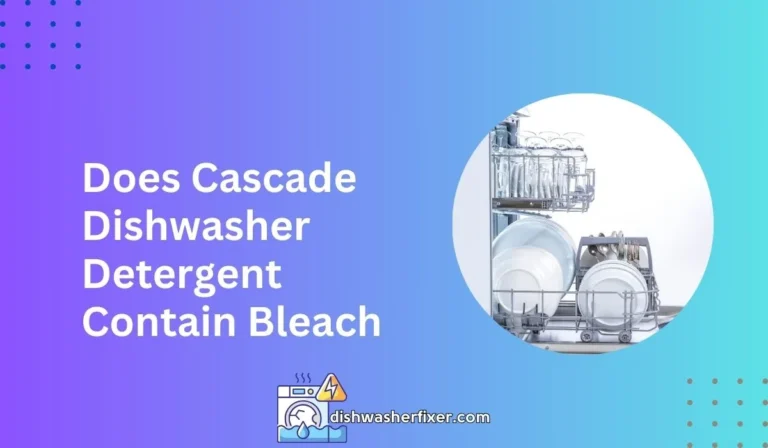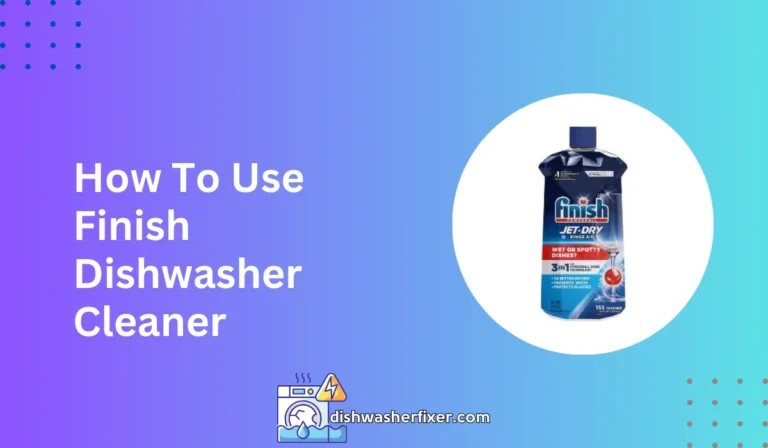Does Dishwasher Kill Cold Sore Virus? The Surprising Truth
Yes, a dishwasher can kill the cold sore virus. The combination of high heat, typically between 130°F to 170°F, and detergents used in a dishwasher cycle is effective at disinfecting dishes and can eliminate the herpes simplex virus causing cold sores.
Understanding Cold Sore Virus

Defining Cold Sores
Cold sores, also commonly referred to as fever blisters, are small and painful blisters that typically form on the lips, around the mouth, or on the gums.
They start off as a slight tingle or burn, followed by the appearance of blisters that eventually burst and crust over into a scab. Cold sores can cause discomfort and are often considered unsightly, which is why those affected seek quick remedies.
The Culprit: Herpes Simplex Virus
The primary cause of cold sores is the Herpes Simplex Virus (HSV). There are two types of this virus: HSV-1, which commonly causes oral herpes, and HSV-2, typically responsible for genital herpes.
HSV-1 is the variant most often linked to cold sores. Once an individual is infected with HSV, the virus remains in their body for life, residing dormant in nerve cells until activated.
Transmission and Persistence of HSV
HSV spreads through direct contact with an infected person. This can happen through kissing, sharing utensils, or using the same personal items.
The virus is most contagious when sores are visible, but it can also be spread even when no symptoms are present. Due to its persistence, managing HSV requires cautious hygiene practices and awareness.
Conditions Favoring HSV Growth
The cold sore virus thrives under specific conditions such as when the immune system is weakened by stress, illness, or fatigue. Exposure to sun and wind can also trigger outbreaks.
Maintaining a strong immune system and protecting the face from extreme elements can help manage the incidence of cold sores.
Dishwashers and Their Operating Mechanics
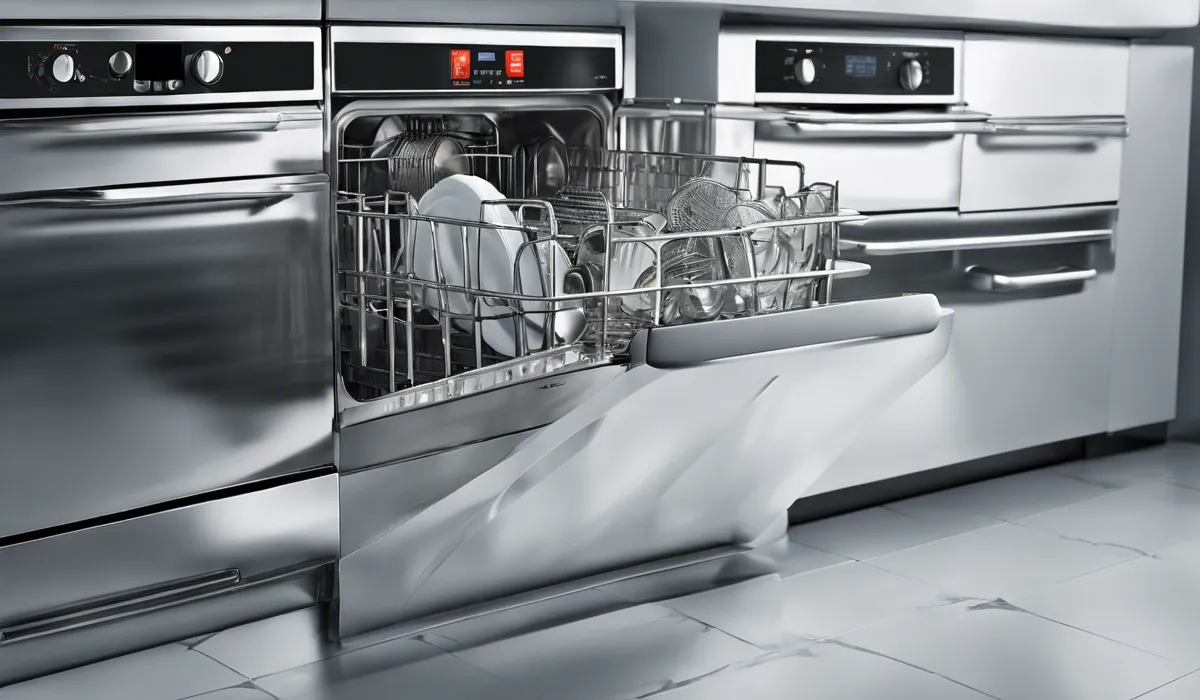
How Dishwashers Work
Dishwashers clean by spraying hot water and detergents onto dishes to break down and remove food particles, grease, and bacteria.
The dirty water is then drained, and the dishes are rinsed with fresh water. Finally, dishes are dried using heat or a fan, depending on the model of the dishwasher.
Heat and Detergents in Action
The hot water, typically between 130°F to 170°F, along with the detergents, plays a crucial role in not only cleaning but also in disinfecting the dishes.
The heat helps to dissolve fats and kill bacteria and viruses, while the detergents break down organic materials and help remove them from the surfaces of dishes.
Sanitizing Dishwasher Settings
Most modern dishwashers come with specific settings that aim to sanitize the dishes.
These cycles are designed to meet certain standards for sanitization, such as maintaining a specific high temperature for a set amount of time to ensure the elimination of most germs.
Effectiveness of Dishwashers Against Cold Sore Virus
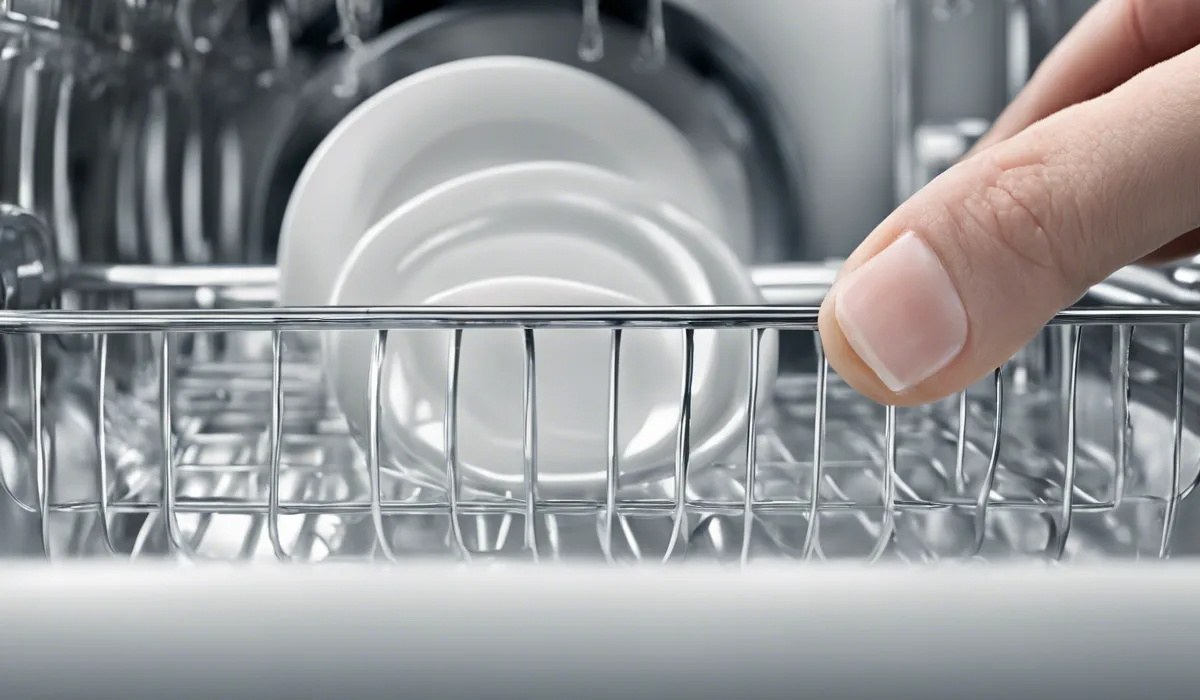
Evidence of Dishwashers’ Virucidal Abilities
Some studies have investigated the virucidal effects of dishwashers, demonstrating that the environment inside a dishwasher during a hot cycle is hostile to most viruses.
The combination of high temperatures and detergents is effective in reducing the presence of many types of viruses, including the herpes simplex virus.
Factors Contributing to Viral Elimination
The key factors that contribute to the effectiveness of dishwashers in killing viruses are the high temperatures reached during the cycle and the chemical action of the detergents.
Heat is a well-known method for disinfection, while the detergents contain compounds that can break down the lipid envelope of viruses, leading to their inactivation.
Recommendations from Health Experts
Health experts often provide guidelines for disinfecting objects that may come into contact with HSV.
They generally recommend using heat and chemical disinfectants, which is consistent with the conditions present in a dishwasher cycle.
This means that using a dishwasher is a recommended method for disinfecting items that could potentially carry HSV.
Maximizing Dishwasher Sanitization
To ensure the maximum sanitization effect, it is important to use the dishwasher’s sanitizing cycle correctly.
This includes making sure that the dishwasher reaches the proper temperature and that an effective detergent is used. Additionally, it is crucial to maintain the dishwasher well, ensuring that it operates at peak efficiency.
FAQs About Dishwasher Killing Cold Sore Virus
Can a dishwasher cycle eliminate the herpes simplex virus?
Yes, the high heat and detergents in a dishwasher cycle can effectively kill the herpes simplex virus that causes cold sores.
What temperature is required in a dishwasher to kill the cold sore virus?
A dishwasher temperature range between 130°F to 170°F is typically required to kill the cold sore virus.
Is the detergent used in dishwashers also effective against the cold sore virus?
Yes, the detergents used in dishwashers, in combination with high heat, are effective at disinfecting dishes and killing the cold sore virus.
Are dishes disinfected from the cold sore virus after a dishwasher cycle?
Yes, dishes are disinfected and the herpes simplex virus causing cold sores is eliminated after a typical dishwasher cycle.
Do all dishwashers have the capability to kill viruses like the cold sore virus?
Most modern dishwashers with a hot water cycle reaching 130°F to 170°F and using standard detergents should be capable of killing the cold sore virus.
Final Thoughts
A dishwasher’s high heat, ranging from 130°F to 170°F, combined with the use of detergents, is adept at disinfecting items within.
This process effectively kills the herpes simplex virus responsible for cold sores, ensuring that dishes are not only clean but also sanitary.
